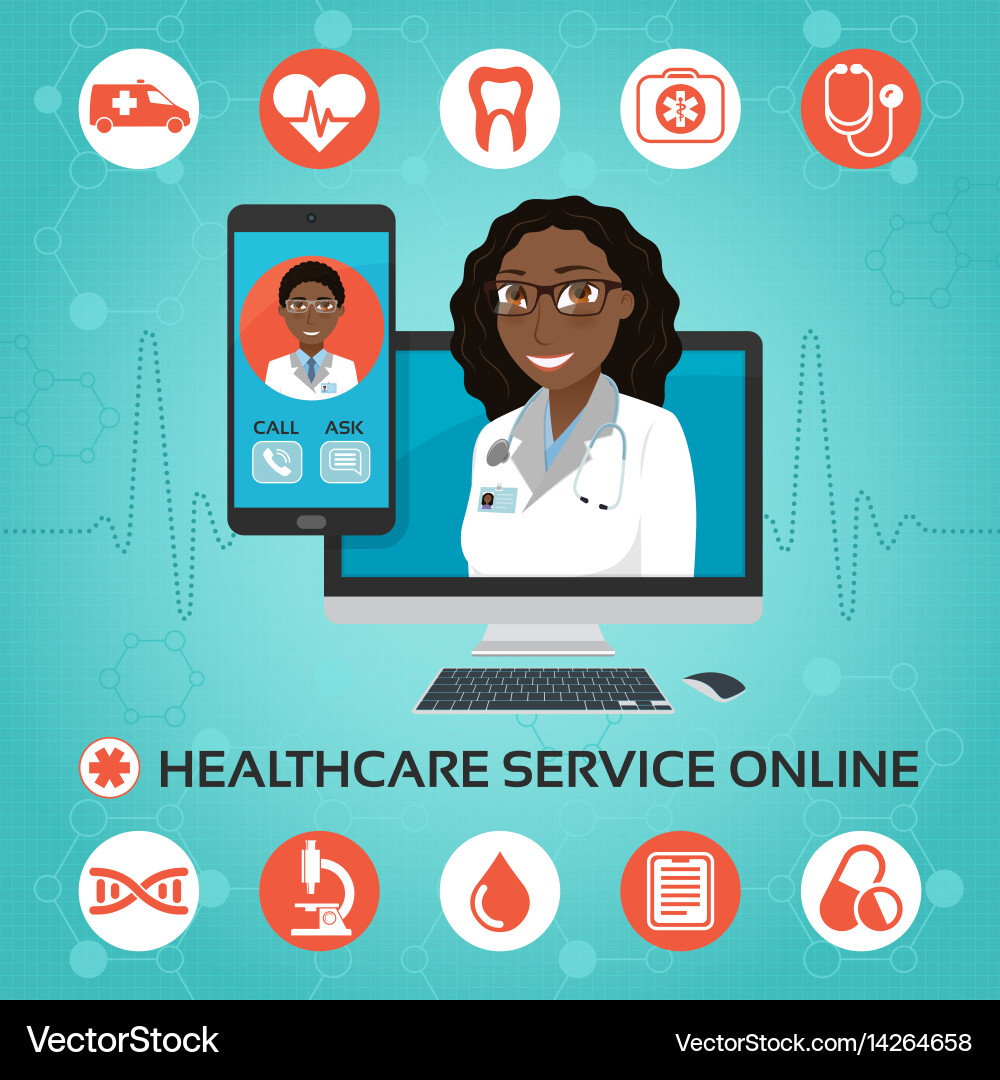How Subscription Based Healthcare is Transforming Patient Access to Services
Wiki Article
The Increase of Subscription-Based Medical Care and Its Influence On Patient Care
As healthcare advances, the subscription-based model is gaining grip, promising to reinvent client care by using predictability and accessibility. These models, which bypass standard insurance, might redefine the patient-doctor dynamic, highlighting preventative and individualized treatment. Yet, similar to any type of innovation, they offer obstacles, particularly concerning fair gain access to for all socioeconomic teams. The possibility for these versions to reshape medical care distribution raises pushing inquiries concerning their lasting sustainability and inclusivity. Are these registration solutions the future of healthcare, or do they take the chance of leaving vulnerable populaces behind? The details of this change warrant a more detailed assessment.Understanding Subscription Medical Care Models
Understanding the idea of subscription medical care designs entails taking a look at a transformative strategy to medical solutions that highlights affordability and accessibility. These designs, often referred to as direct primary care (DPC) or concierge medicine, have become innovative options to traditional fee-for-service medical care systems. Subscription medical care permits clients to pay a fixed monthly or annual charge for a defined collection of clinical solutions, which might include unrestricted workplace gos to, regular check-ups, and basic lab examinations, without the demand for standard insurance coverage billing.The framework of subscription healthcare designs is made to simplify individual care by getting rid of third-party payers and complex billing codes, thereby decreasing management problems. Doctor can concentrate extra on individual care, fostering more powerful patient-provider relationships. This version additionally advertises preventative treatment by urging regular brows through, as the economic challenge of per-visit costs is gotten rid of.
The subscription model typically encourages healthcare service providers to manage smaller client panels, permitting more personalized treatment. It lines up monetary incentives with client health results, as providers are encouraged to preserve patient contentment and well-being. On the whole, comprehending registration healthcare versions requires recognizing their prospective to reshape just how treatment is delivered and accessed.
Advantages for Suppliers and people

With a constant profits stream, health care specialists can devote more time to each client, leading to an extra detailed and customized care experience. The emphasis on preventive care within membership strategies can lead to much better person end results and decreased lasting health care costs.
Issues and challenges
While subscription-based medical care designs existing various benefits, they also come with a useful link collection of difficulties and problems that have to be attended to. This elevates honest questions regarding equitable accessibility to healthcare services.Financial sustainability of subscription-based models is one more concern. Suppliers have to stabilize the set income from registrations with the variable prices of health care services, which might fluctuate because of unforeseen clinical requirements. This can produce stress to restrict solutions or rise fees, possibly impacting client contentment and care quality.
Additionally, regulative oversight of subscription-based health care versions is still progressing. Dealing with these difficulties is essential for the successful and fair application of subscription-based healthcare.
about his
Effect On Patient-Doctor Relationships
One considerable influence of subscription-based medical care versions on patient-doctor connections is the possibility for improved connection and individualized treatment. By embracing a subscription model, medical professionals can manage a smaller client panel, permitting more specialized time with each individual. This boosted schedule fosters a deeper understanding of a patient's case history, way of life, and choices, enabling more tailored treatment strategies and interventions.
Nonetheless, it is very important to recognize that while subscription-based designs may profit those that can afford them, they might inadvertently widen medical care differences. Clients who are unable to join these models might experience reduced access to customized care, potentially affecting their partnerships with doctor. Therefore, while the subscription version supplies promising advantages for patient-doctor connections, it also poses challenges that need to be dealt with to make sure fair healthcare accessibility.
Future of Health Care Accessibility

The duty of technology can not be ignored in this change. Telemedicine platforms and digital health and wellness documents assist in smooth communication in between clients and medical care service providers, damaging down geographical and logistical obstacles. In addition, improvements in artificial intelligence and data analytics can additionally customize medical care by anticipating person demands and enhancing therapy strategies.
Nevertheless, the future of medical care gain access to additionally presents challenges, such as ensuring equity across different socio-economic teams. Policymakers and doctor should team up to link the electronic divide, guaranteeing that subscription-based versions stay budget friendly and comprehensive. As these systems develop, they hold the assurance of making health care much more obtainable, effective, and patient-centric.
Conclusion
Subscription-based healthcare versions are reshaping patient treatment by providing a secure cost structure and improving accessibility. The rise of subscription-based health care encourages proactive client interaction, which has the potential to enhance individual results and satisfaction, signifying a transformative shift in healthcare distribution.As healthcare develops, the subscription-based model is obtaining grip, promising to revolutionize patient care by using predictability and ease of access.Subscription-based healthcare models provide distinct benefits for both companies and clients, enhancing the total health care experience.As healthcare systems progress, the future of medical care gain access to often pivots on the integration of innovative models and technologies.Subscription-based healthcare versions are reshaping person treatment by providing a secure expense structure and enhancing access. The increase of subscription-based healthcare urges proactive individual interaction, which has the potential to improve client end results and complete satisfaction, signaling a transformative shift in medical care shipment.
Report this wiki page